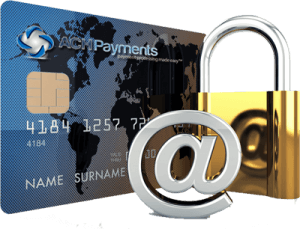The cardholder does not have enough funds to cover the cost of the purchase.
To help keep your business running smoothly, you need to make sure you get your cash deposits as quickly as possible. With Clearent’s Express Merchant Funding service, you get true next day funding. Merchant account customers can get deposits the next business day via an actual ACH deposit – not a memo post – so you can fund payroll and inventory purchases for the week. Plus the 11:00 p.m. Eastern cut-off time is hours later than most other processors, and the account does not have to be held at a particular bank.
The process of a merchant processing all of its authorized credit card transactions for the day after the close of business or at a time determined by the credit card processor. Credit card batch processing is the merchant’s second step toward getting paid for its customers’ credit card transactions. The merchant sends the authorization codes for every credit card transaction to its payment processor, and the processor categorizes the transactions by the bank that issued each customer’s credit card. Each of those banks then remits the payments to the merchant in a step called settlement.
When you use your debit card to conduct a credit transaction (you do not enter your PIN), the merchant sends us the amount, usually your purchase total, for preauthorization. This amount is placed on hold and removed from your available balance immediately.
A Merchant Cash Advance is a flexible working capital option that allows small businesses to access cash now by selling a portion of their future credit card sales.
One of the advantages to PayPal is that there are no credit checks, no monthly minimums, no monthly service fees, no contract and their shopping cart is free. Other 3rd party payment processors, like ProPay, The Square and 2checkout.com, use similar models, but some of them do have set-up or monthly fees in addition to higher per transaction fees.
Disadvantages often include flimsy security features, higher rates, fewer options for you and your customers and longer hold times before money is made available to you.
With a traditional Merchant Account from Reliable Card Service, you have total control over your bank account and how transactions are conducted.


